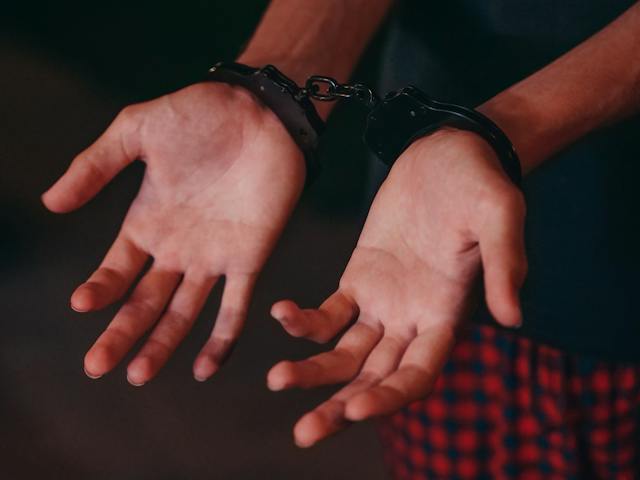Finding yourself on the wrong side of the law in a foreign country can be a scary experience, stirring a cocktail of emotions ranging from anxiety to outright fear. At the same time, being arrested abroad may seem like a nightmare, but understanding your rights and taking informed steps can make a significant difference. Keep reading this article to get practical advice on what to do if you are in the unfamiliar territory of being arrested in a foreign land.
Maintain Calm After the Uncertainty
The initial shock of being arrested abroad can be overwhelming, but maintaining a sense of calm is paramount. Panicking or resisting arrest can exacerbate the situation, potentially leading to legal complications. Take deep breaths, stay composed, and understand that cooperation within the bounds of your rights is critical.
Respect local authorities, communicate clearly, and avoid confrontations. Language barriers may pose challenges, so be patient and use simple, straightforward language. If possible, inquire about the charges against you and the following legal procedures.
Invoke Your Right to Remain Silent
Regardless of the country you find yourself in, the right to remain silent is a universal legal principle. Politely invoke this right and refrain from volunteering information that could be used against you. Remember, anything you say or admit to may be used in legal proceedings.
Resisting the urge to explain your side of the story on the spot is a strategic decision. It’s advisable to wait until you have legal representation from a criminal defense lawyer before providing detailed statements.
Request Consular Assistance
One of the most essential rights when arrested aboard is the right to consular assistance. Reach out to the embassy or consulate of your home country as soon as possible. Consular officials can provide essential support. This support includes notifying your family, connecting you with legal representation, and ensuring your rights are respected according to international law.
Embassies and consulates have a list of local attorneys familiar with the legal systems and can provide guidance. Consular assistance may not extend to legal representation, so securing a local lawyer is typically necessary.
Understand Local Laws and Procedures
Legal systems vary significantly from country to country. Take the time to familiarize yourself with the local laws and procedures relevant to your case. Understanding your rights within the legal framework of the host country is crucial.
Local attorneys can provide invaluable insights into the legal landscape, potential consequences, and the steps you should take. Ensure you are fully aware of the charges against you, the possible penalties, and the timelines for legal proceedings.
Cooperate with Legal Representation
Engaging a local attorney is often pivotal in navigating the legal process abroad. Your attorney can guide you through the case’s specifics, provide legal advice, and represent your interests in court. Cooperation and open communication with your legal representation are essential for building a solid defense.
Provide your attorney with all relevant information, including details of the arrest, any evidence you may have, and a list of potential witnesses. Transparency will help your legal team make informed decisions and strategize the best action.
Attend Court Proceedings Promptly
Adhering to court appearances is crucial when facing legal proceedings abroad. Failure to attend hearings or comply with court orders can result in additional charges and complicate your case. Stay informed about court dates, and ensure you have reliable transportation to attend proceedings.
Notify your legal representation if there are any challenges in attending court, such as health issues or logistical concerns. Cooperation and punctuality demonstrate respect for the legal process and can positively influence the outcome of your case.
Seek Support from Family and Friends
Being arrested abroad can be emotionally taxing, and having a support system is invaluable. Reach out to family and friends for emotional support and assistance with practical matters. They can help coordinate communication with legal representatives, gather necessary documents, and liaise with consular officials.
Maintaining open lines of communication with loved ones not only provides emotional solace but can also be instrumental in facilitating a smoother resolution to your legal situation.
Wrap-Up
Being arrested abroad can be a harrowing experience, but understanding your rights and taking proactive steps can significantly impact the trajectory of your legal journey. Maintaining composure, invoking your right to remain silent, seeking consular assistance, and engaging local legal representation are fundamental pillars of a strategic response.


